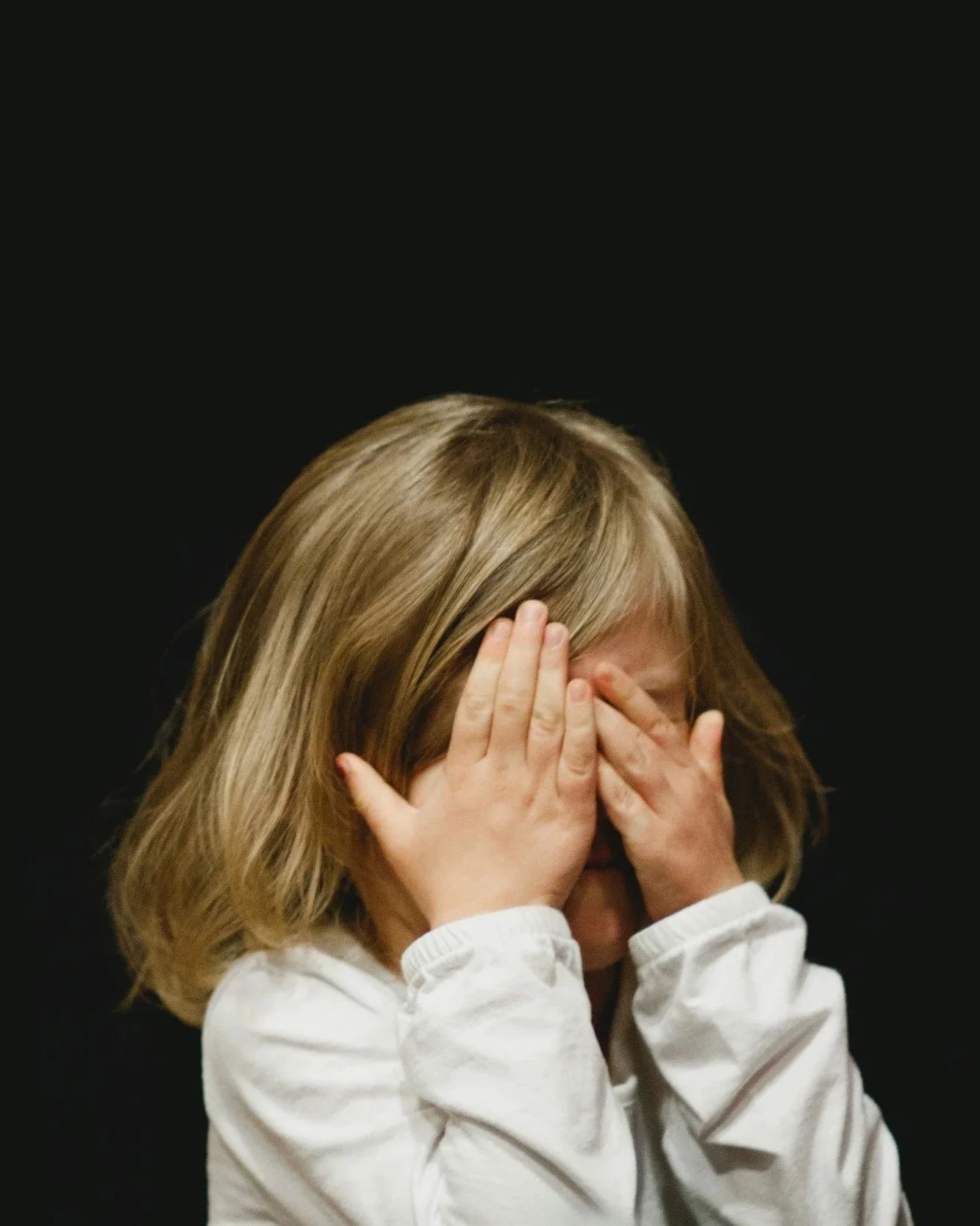The Forgotten Mourners: Supporting Children Through Grief and Loss
November 2025 Message of the Month
When someone in the community passes away, we naturally turn to comfort the people we expect to be in pain, like the spouse or the parent. Their grief is talked about, and visible, and is met with warm meals, hugs, and cards. But there are smaller humans suffering right along beside the adults.
Often referred to as the Forgotten Mourners, children can be overlooked or misunderstood when it comes to grief. It isn’t purposeful though; some people assume children are too young to be affected or that they don’t fully understand what death means. But the child’s loss is real; their pain is felt deeply; and their mourning is often in isolation.
But grief may not always be visible, like tears at a funeral or a cracking voice during a eulogy. Sometimes, it can hide in a child’s sudden withdrawal. In stomachaches or outbursts. It could show up in perfect report cards because they think if they do everything right, bad things won’t happen again. Or they may begin to take on adult responsibilities because they don’t want to add to the sadness that surrounds them.
Recognizing and supporting grieving children is not just showing kindness, it’s essential for healing. In the state of Virginia, approximately 1 in 12 children will lose a parent by age 18 - this experience doesn’t just shatter a family; it alters the course of a child’s life. Without support, grief can lead to long-term effects like depression, anxiety, or substance use disorder.
We asked Allyson Lother, an experienced Children’s Bereavement Counselor and LCSW with Hospice of the Piedmont, for some guidance. Here are some tips. .
Include children in the family mourning. One example could be to ask if they would like to add or bring something to display at the funeral or celebration of life.
Talk with children about creating a place in the home where they can honor their special person who has died. Pictures, clothing, and sentimental objects can be displayed.
As a caregiver, it’s crucial that you model healthy grieving. Show them it’s ok to cry; share memories together and name your emotions out loud. Use healthy coping tools like taking a walk or writing in a journal and seek support yourself if your grief is overwhelming your life.
Talk with children about the person who died. Offer them opportunities to learn and share about their person.
Establish and maintain routines. This offers reassurance about events and family security.
Tune into our Lunch & Learn on November 13th for an essential conversation about how we can better support the young people in our life during their most difficult moments. Go to fauquier-mha.org/events to register.

